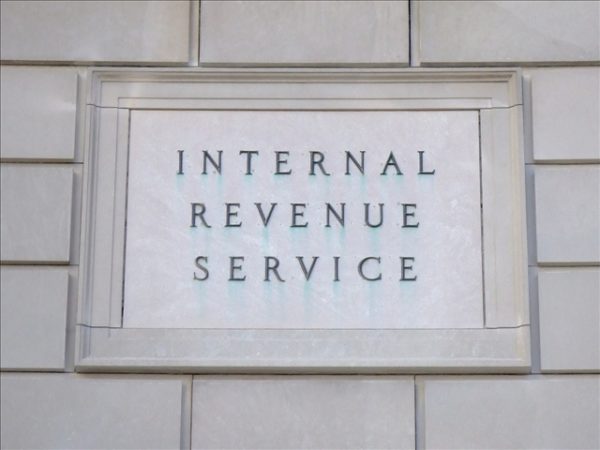The IRS paid a total of about $1.1 million in bonuses over about two years to more than 1,100 employees who had been disciplined for failing to pay their own taxes, according to an inspector general’s report.
Those employees also received awards of more than 10,000 hours of extra time off and 69 faster-than-normal pay grade increases. They were among more than 2,800 IRS employees during that period who got performance awards within one year of disciplinary action, such as suspensions or written reprimands, the report found.
This is bad news for the Internal Revenue Service’s image, “which already has taken some very serious hits over the past couple of years,” said Pete Sepp, executive vice president of National Taxpayers Union.
The Treasury’s inspector general for tax administration noted that the performance awards did not violate the law.
But he said that “providing awards to employees who have been disciplined for failing to pay federal taxes appears to create a conflict with the IRS’ charge of ensuring the integrity of the system of tax administration.” The IRS’ contract with the National Treasury Employees Union says disciplinary action or investigations do not preclude an employee receiving a bonus or other performance award unless it would damage the integrity of the agency.
The inspector general’s report, released Tuesday, found that more than two-thirds of IRS employees received performance awards in the 2011 and 2012 fiscal years.
The IRS has been under fire since agency officials said last year that employees improperly targeted applications from conservative groups seeking tax-exempt status.
IRS employees disciplined for failing to pay back taxes should not be denied bonuses, but the money should be diverted to pay the penalty, Sepp said.
“If we’re assuming that the awards are given out on true merit … then say, ‘Sorry, you owe $800 on a lien and you’ve exhausted all your appeals, your reward is reduced accordingly,’ ” he said.
Read the full story at latimes.com



